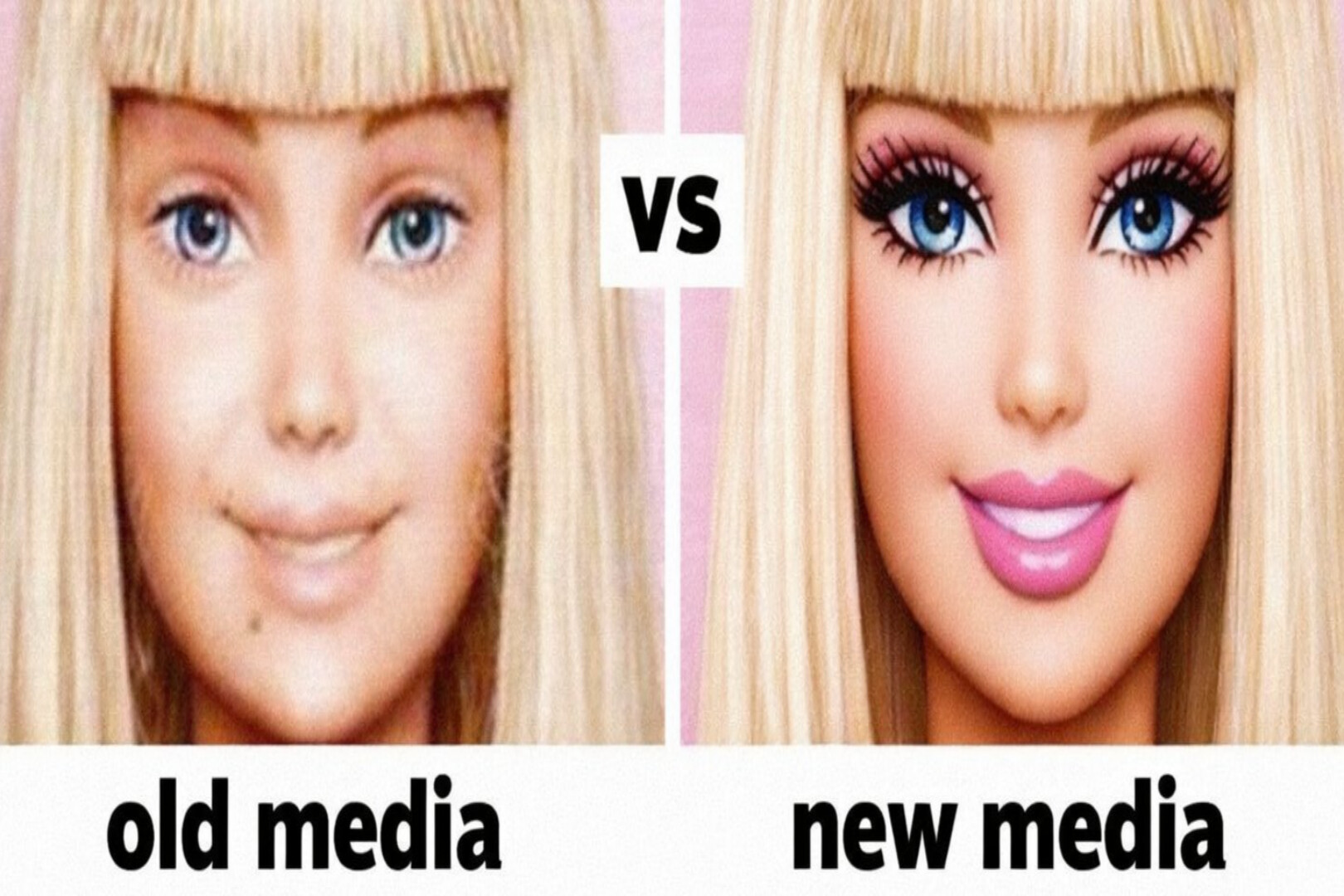Delysium and UCL Software Systems Engineering Team Collaborate to Create a New Era of Open, Autonomous, Multilingual, and Cost-Effective AI Programming
- 核心观点:Delysium与UCL合作推出自治AI编程系统。
- 关键要素:
- Prometheus系统实现71.2%问题解决率。
- 构建统一知识图谱支持多语言分析。
- 开源模型大幅降低部署成本。
- 市场影响:推动AI编程从辅助向自治转型。
- 时效性标注:长期影响
Preface: A key leap in reshaping the AI programming paradigm
In the current academic and industrial fields, the development of code intelligence is still highly fragmented.
Most solutions are either closed or rely on manual supervision, and their functions are mostly limited to specific tasks, such as code retrieval, single language support or simple bug fixing.
Today, Delysium is collaborating with Dr. He Ye’s team at the Department of Computer Science at University College London (UCL) to launch a software engineering revolution for the future:
Create a truly open, autonomous, multi-language, and cost-effective AI programming standard and infrastructure.
The core achievement of this collaboration is the new multi-agent system Prometheus, jointly launched by both parties. It can abstract complex code repositories into a unified knowledge graph, enabling intelligent problem retrieval and automated problem solving (paper link: arXiv:2507.19942 ).
One of the core goals of this collaboration is to open up trained models to the global Delysium community, significantly reducing the operational and deployment costs of large language models. Going forward, Delysium will continue to collaborate closely with EuniAI (UCL SSE team) and several leading industry companies to jointly develop next-generation AI coding standards based on a unified codebase knowledge graph, and continue to produce high-quality scientific research and practical applications with industry-leading impact.
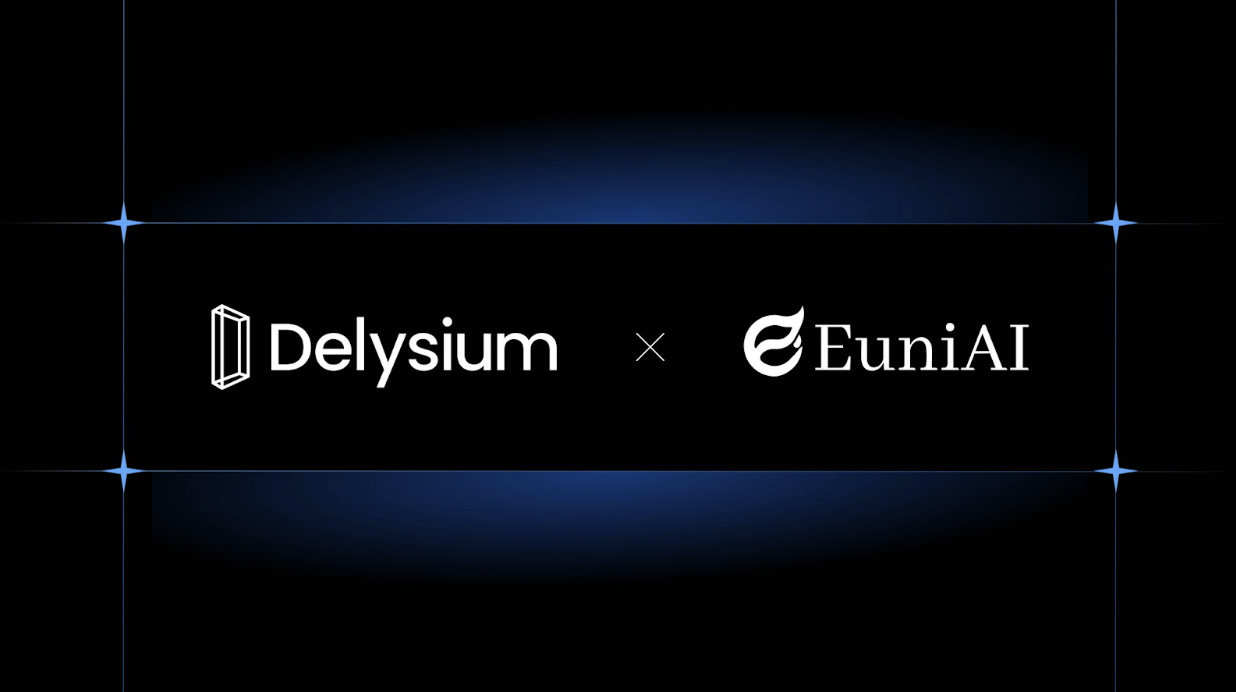
New paradigm, more efficient
The focus of this strategic collaboration is to establish an innovative software engineering framework for large-scale, cross-language code bases.
Its core methodology is to build a unified knowledge graph, which is the first milestone exploration to solve the multi-warehouse problem through graphical structure.
This paradigm shift means that all scattered code elements, from directory hierarchies and syntax trees to documents and comments, are converted into reasonable graph nodes, becoming a unified knowledge network that can be understood by intelligent agents.
On this basis, the Prometheus multi-agent system came into being. It can transform the complex code repository structure into a coherent knowledge graph, providing strong support for context perception and efficient problem location ( arXiv:2507.19942 ).
Prometheus has a language-independent architecture that supports integrated analysis of multi-repositories and multi-language projects, greatly expanding the depth of understanding and decision-making breadth of automated tools for code logic.
The system has enterprise-level scalability and can handle the most complex software ecosystems, laying a solid foundation for the next generation of intelligent development systems.
Open source address: https://github.com/EuniAI/Prometheus

An example of an application that has been put into practical use is euni.ai , which is developed based on Prometheus technology and provides intelligent code analysis and automated repair functions.
By deeply understanding the code context, euni.ai can proactively identify and fix problems, significantly improving development efficiency and software quality.
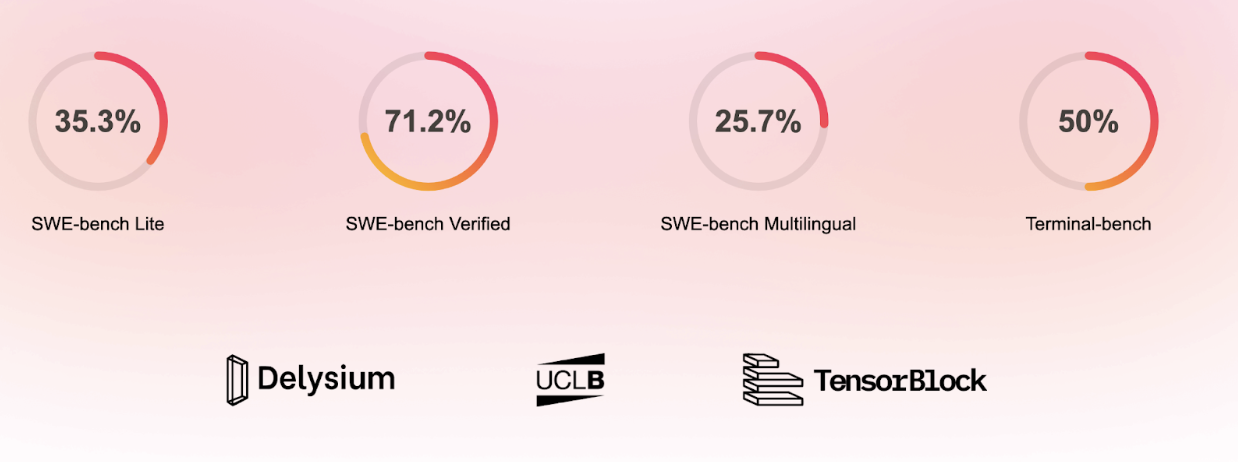
From "Assistance" to "Autonomy": The Full Automation Link of AI Programming
Relying on Delysium's technology foundation, Dr. He Ye's team has developed a cutting-edge multi-agent system that can automatically handle various types of software problems, including bug fixes, feature requests, discussions, document updates, etc., and supports multiple input forms (text, images, videos, etc.).
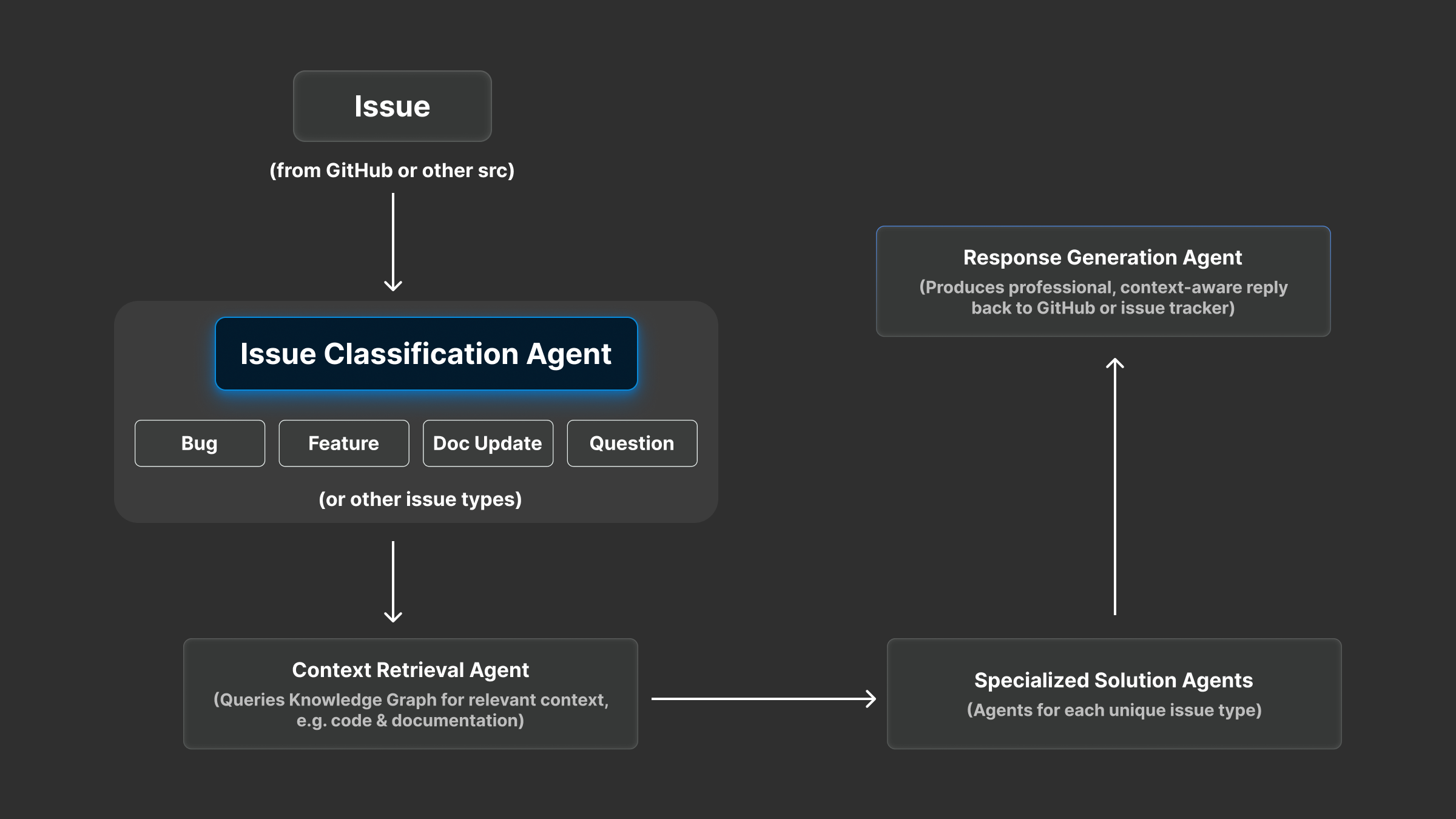
At the heart of the system lie two key innovations:
- Deep contextual understanding
- Adaptive workflow
1. Deep contextual understanding
The system first uses the knowledge graph to accurately extract multiple layers of information such as file structure, abstract syntax tree, document description, etc. from the code base, and constructs a multi-dimensional semantic network to achieve a comprehensive understanding of each problem.
Among them, the "context retrieval agent" is responsible for efficiently locating semantically related content in the graph, providing solid data support for subsequent reasoning and decision-making.
2. Adaptive Workflow
Each question, from entering the system to completing the response, is completed by multiple agents in collaboration:
- First, the "Problem Classification Agent" identifies the type (Bug, Feature, Doc, etc.);
- Then the “context retrieval agent” extracts the relevant context;
- The corresponding "solving agent" is responsible for executing the problem processing;
- Finally, the "response generation agent" produces professional replies and automatically publishes them to platforms such as GitHub.
This system realizes true "end-to-end automated problem lifecycle management", breaking through the traditional limitations of being limited to bug repair.
Moving beyond “suggestions”—entering the AI era of “real solutions”
Currently, research such as SWE-agent and OpenHands has made progress on the SWE-bench benchmark, but commercial products are still expensive and closed.
For example, although Claude Code claims to be able to automate issue management, its evaluation cost is extremely high (Claude-Opus-4 costs about $1,500 to complete 500 SWE-bench tests), its response is slow, and it lacks openness and transparency.
In addition, current mainstream systems prefer Python, and support for other languages is extremely limited; most products focus on bug fixing, and lack coverage of functional requirements, documentation, and Q&A issues.
Although IDE plug-ins (such as GitHub Copilot), platforms (such as Cursor) and general models (such as ChatGPT) have entered the market, they are still in the "assistance" stage rather than fully autonomous.
The defects of context retrieval capabilities are also prominent: most are limited to single-file or single-repository levels and lack the ability to analyze cross-repository dependencies.
The high computational cost and latency of multiple rounds of queries further restrict efficiency and scalability.
In short, while today's AI programming assistants can improve efficiency, they fail to truly achieve full-stack decision-making capabilities that are cross-language, autonomous, low-cost, and contextually complete .
The following is an overview of the strengths and weaknesses of the current AI programming ecosystem: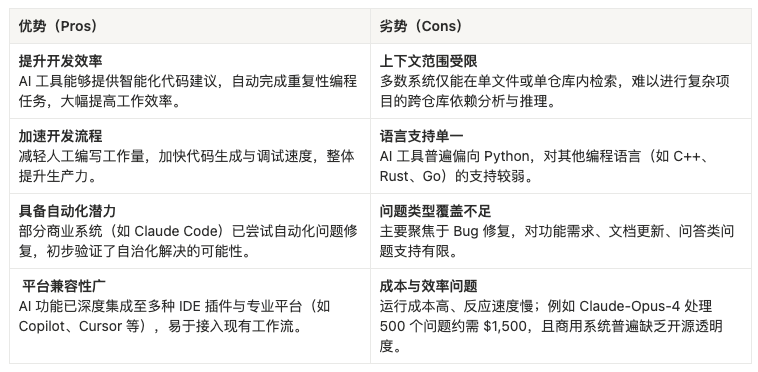
Integrating academia and industry: Building a new foundation for intelligent agents
University College London (UCL) is a global hub for artificial intelligence research, renowned for its groundbreaking collaborations between academia and industry. One of its most significant achievements is the Deep Learning Lecture Series for AI, co-created with DeepMind, which has had a profound impact on the development of AI research worldwide.
UCL's Department of Computer Science has long been at the forefront of the world in fields such as artificial intelligence, software engineering, system architecture and multimodal research. It continuously produces top academic papers and industry-leading research results, and is known for its interdisciplinary innovation.
In the department, Dr. He Ye leads an innovative AI & SSE (Artificial Intelligence and Software Systems Engineering) team, which focuses on driving system-level breakthroughs in automated software engineering.
The team's research areas include:
- Code context understanding
- LLM Enhances Memory and Reasoning
- Automatic issue resolution mechanism
- Agent long-term memory structure
These core technologies have been verified through open source collaboration with Delysium and have achieved leading results in SWE-bench benchmark tests.
The latest test results show that the integrated performance based on GPT-5 + Pass@1 ranks among the best in the world in the SWE-bench Verified indicator. The Prometheus intelligent agent system achieved a 71.2% problem-solving rate, ranking 8th in the world, second only to OpenHands.
This achievement fully demonstrates the UCL team's rigorous research methods and engineering-level production capabilities.
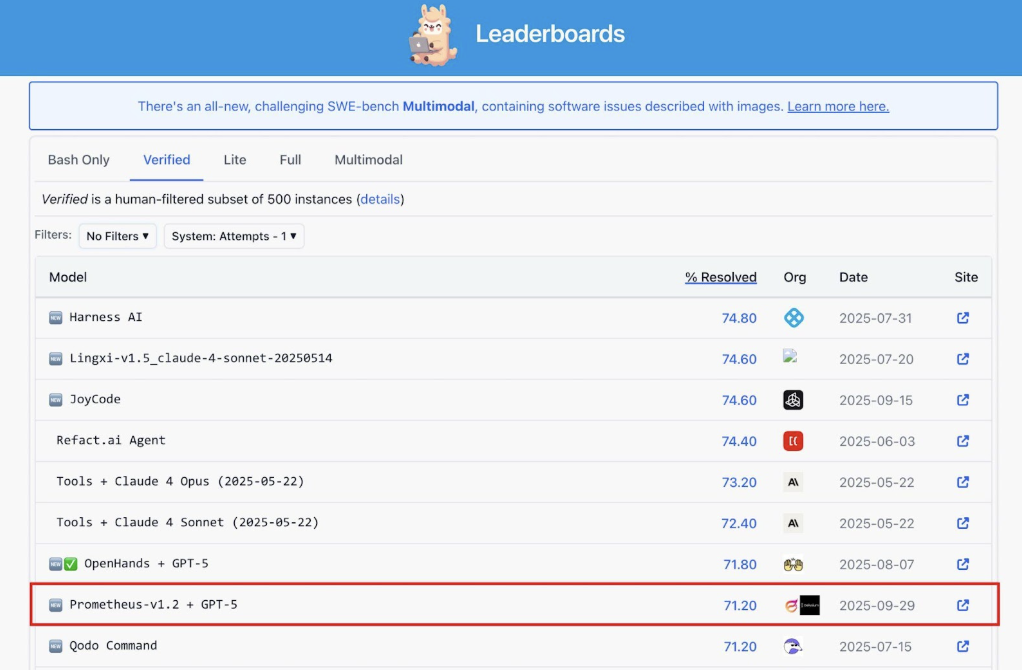
Since 2022, Delysium has been steadily establishing its core position in the industry as a pioneer in blockchain-powered AI agent networks.
One of its core projects is Lucy ( https://www.lucyos.ai )/) - an Agentic Operating System built specifically for the encryption field, allowing users to freely create, deploy, collaborate and distribute agents through natural language, achieving efficient co-creation between humans and AI.
At the same time, Delysium also launched the You Know I Love You (YKILY) network - a digital native financial infrastructure for AI agents.
The network uses MCP aggregators (Multi-Agent Control Protocol Aggregators) to achieve efficient collaboration between multiple agents, APIs, external services, and models, building an open, composable, and infinitely scalable ecosystem, laying the foundation for large-scale collaboration in the intelligent economy.
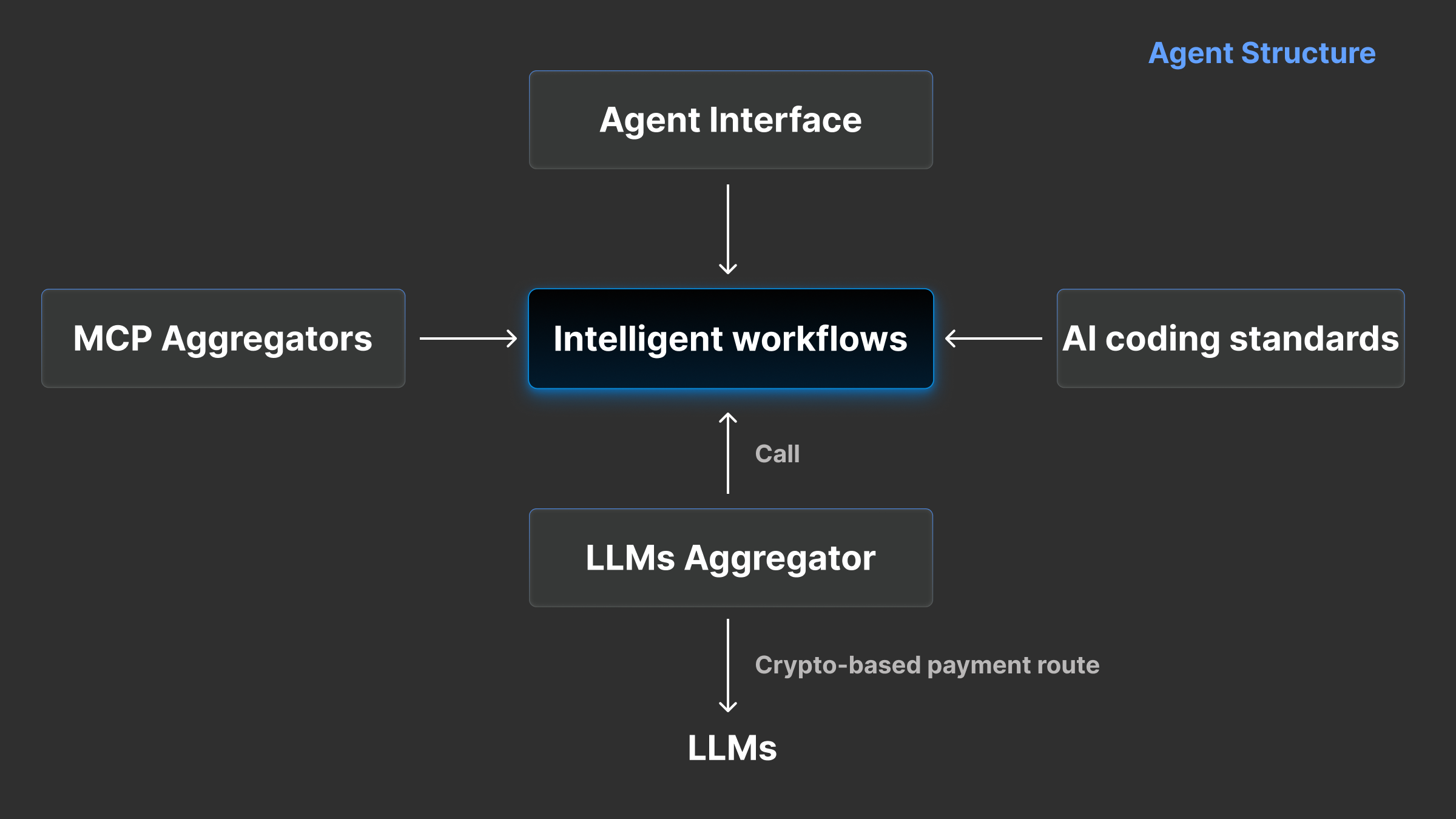
As a core partner, Delysium is committed to continuously strengthening the capabilities of AI agents in problem solving and use case expansion, and promoting the deep integration of AI and encryption.
By collaborating with University College London (UCL) to establish an intelligent problem-solving framework and AI programming standards, Delysium is empowering its intelligent agent system, Lucy, with underlying capabilities, enabling it to operate autonomously and collaborate in broader and more complex scenarios.
These scenarios are not limited to traditional software engineering, but also extend to multi-dimensional applications across the entire crypto ecosystem, including:
- Agent-based encryption development and code generation
- Automated trading and strategy execution driven by intelligent agents
- LLM Portals supporting crypto payments
- MCP aggregators (Multi-Agent Control Protocol Aggregators) that serve both traditional and encrypted server environments
These systematic developments together form the You Know I Love You (YKILY) network, the next-generation digital native infrastructure promoted by Delysium. This network aims to provide an open, composable, and scalable underlying collaborative environment for AI agents, enabling them to transcend single tasks and autonomously collaborate and continuously evolve across the boundaries of encryption, AI, and distributed computing.
From "Assistant" to "Creator": The future of AI programming has arrived
The collaboration between Delysium and UCL marks a shift in the field of AI programming from "toolization" to "autonomy."
The two parties will promote industry standardization through open research, feed back academic innovation with open source technology, and use AI's reasoning and self-iteration capabilities to make "code" a thinking entity.
This is not only a fusion of technologies, but also an evolution of concepts.
In this future, AI is no longer just an assistant that helps you write code, but a creative partner that can proactively solve problems, understand context, and participate in innovation .
The collaboration between Delysium and UCL marks a shift in the field of AI programming from "instrumentalization" to "autonomy." It is not only a collaboration on the technical level, but also an interweaving of vision, philosophy, and business insights .
In an industry divided by fragmentation and closed protocols, the two parties are jointly weaving an open, autonomous, cross-language and cost-effective AI ecosystem - allowing code agents to evolve from "suggestions" to "real solutions", making "code" a thinking being.
This collaboration, which combines academic rigor with industrial innovation, will become a conceptual evolution and the cornerstone for building the next wave of digital transformation.
Future developers will no longer be trapped by debugging; intelligent agents will become their creative partners—driving innovation through reasoning, collaboration, and adaptation.
The future of AI programming is already on the way—no longer a science fiction blueprint, but is gradually being realized with every line of intelligent code.
About Delysium
Delysium ($AGI) is committed to building a blockchain-based collaborative network of AI agents . Its core ecosystem includes: Lucy ( www.lucyos.ai ): Agentic Operating System, and You Know I Love You (YKILY) Network: Digital Native Financial Infrastructure for AI Agents
- Official website: www.delysium.com
- Whitepaper V2: delysium.gitbook.io
- X (formerly Twitter): x.com/The_Delysium
- Telegram: t.me/TheDelysium
- Discord: discord.gg/thedelysium
In the coming era of intelligent agents, software will no longer wait for instructions, but will evolve together with humans in the process of understanding, decision-making and creation.


